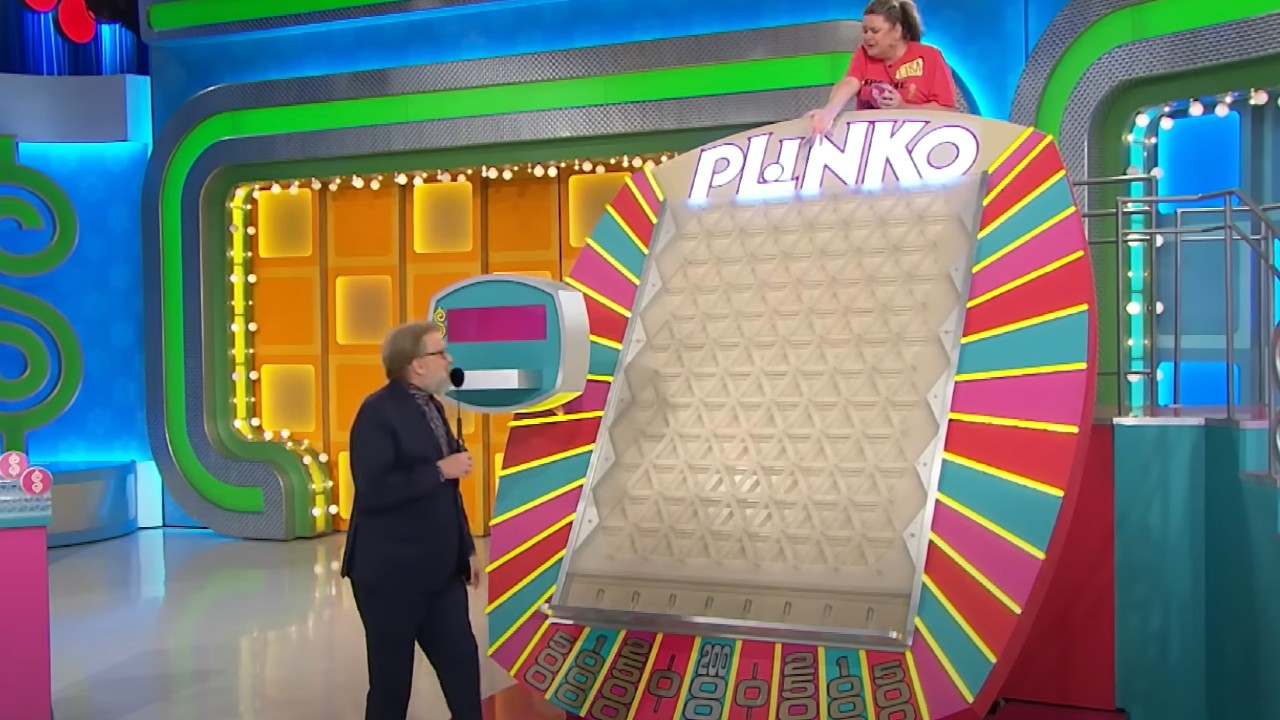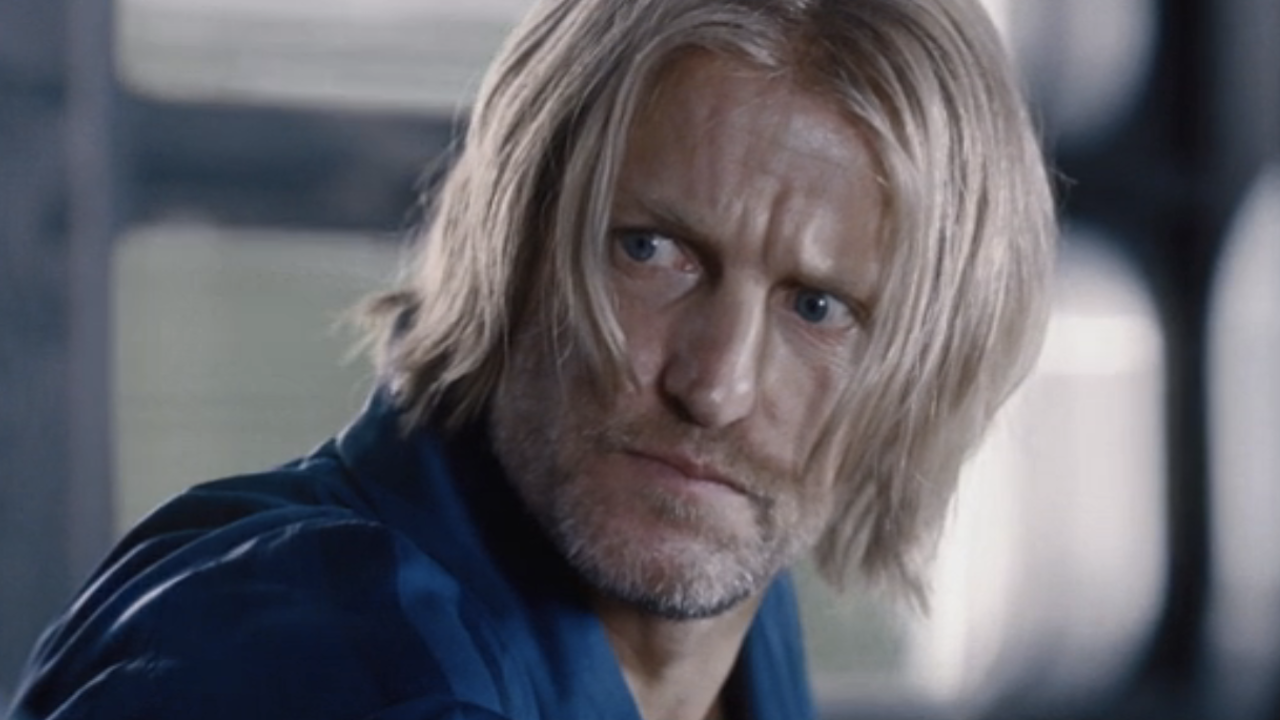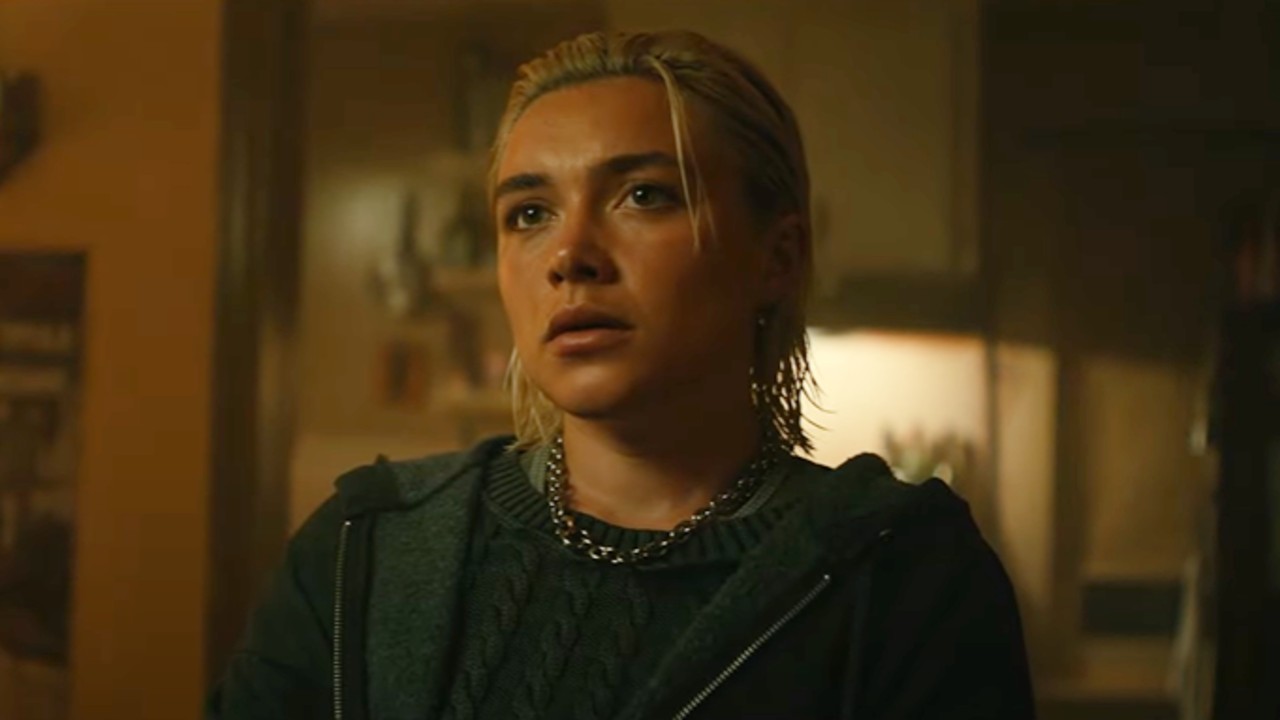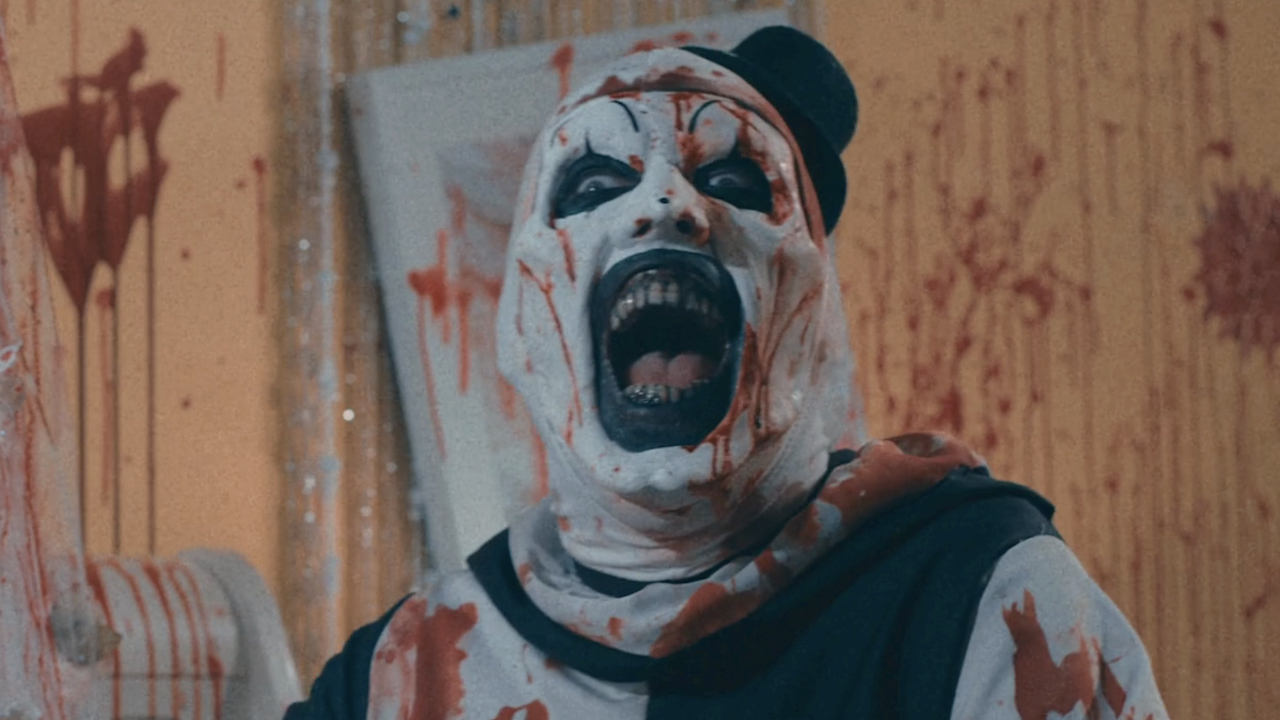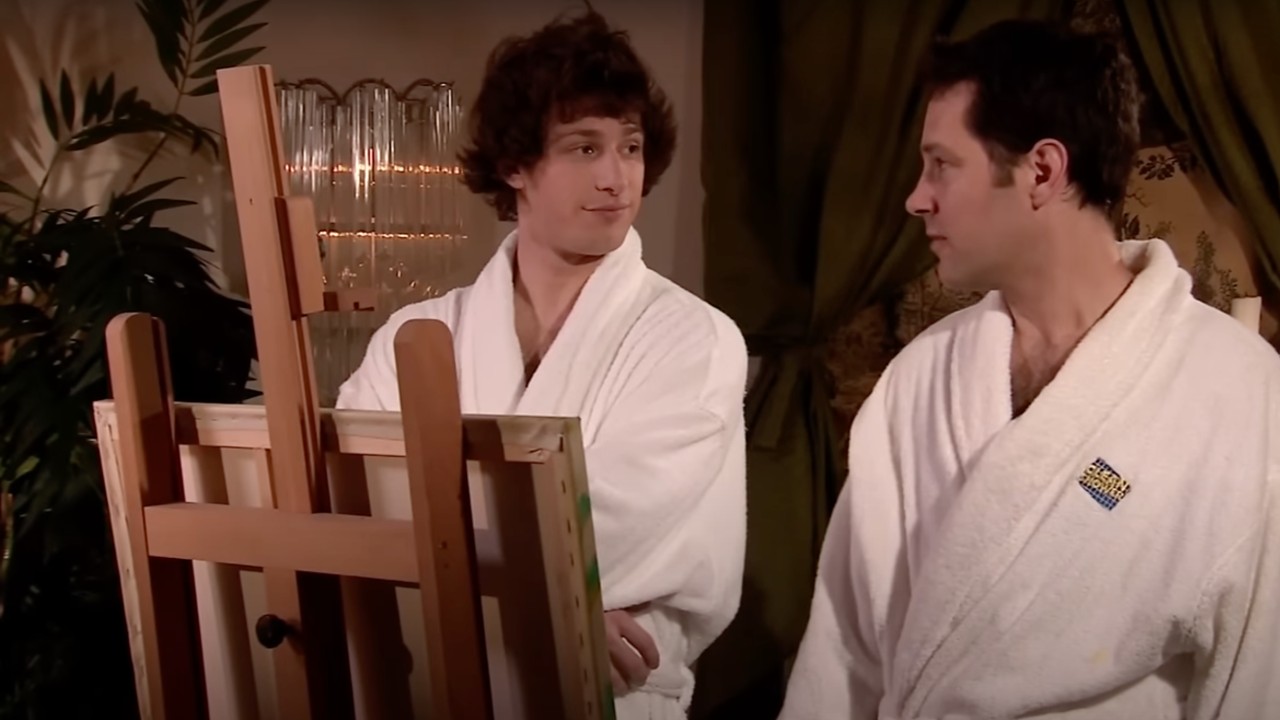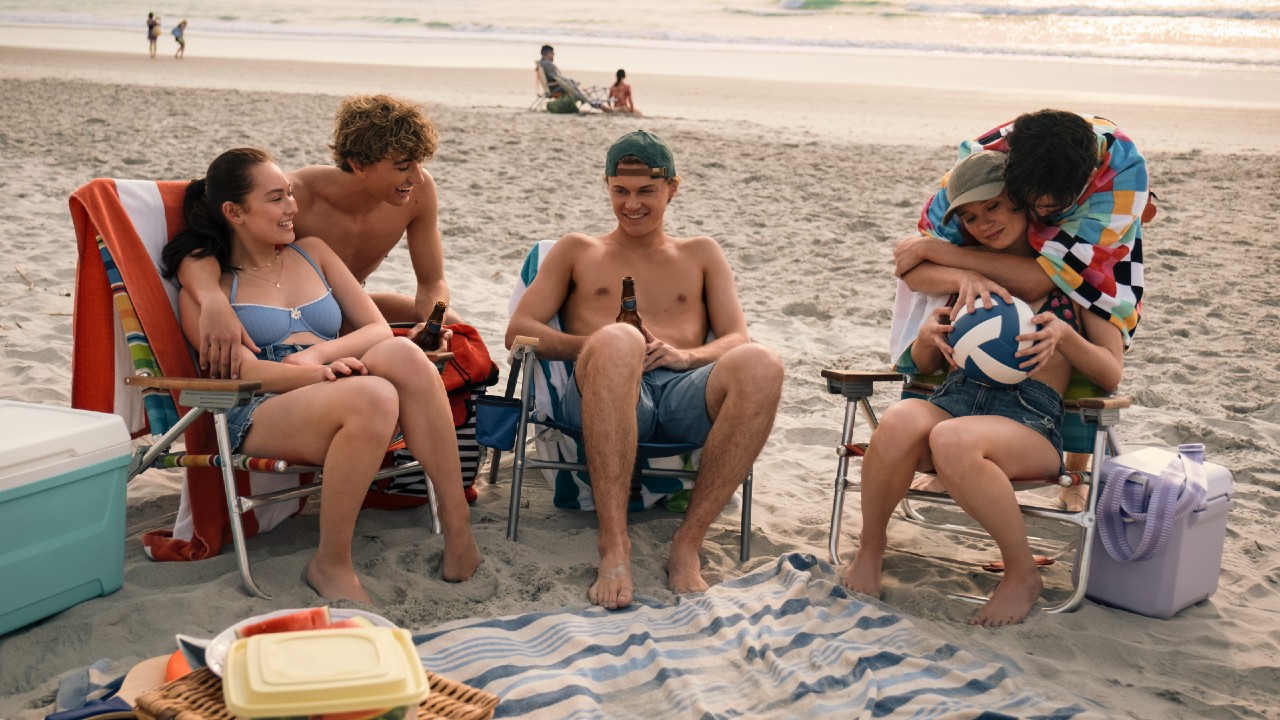Alien’s Ridley Scott Reveals Challenges With The Original Xenomorph: ‘I Have To Find A Very Tall, Thin Man…’
The value of a vision is everything.
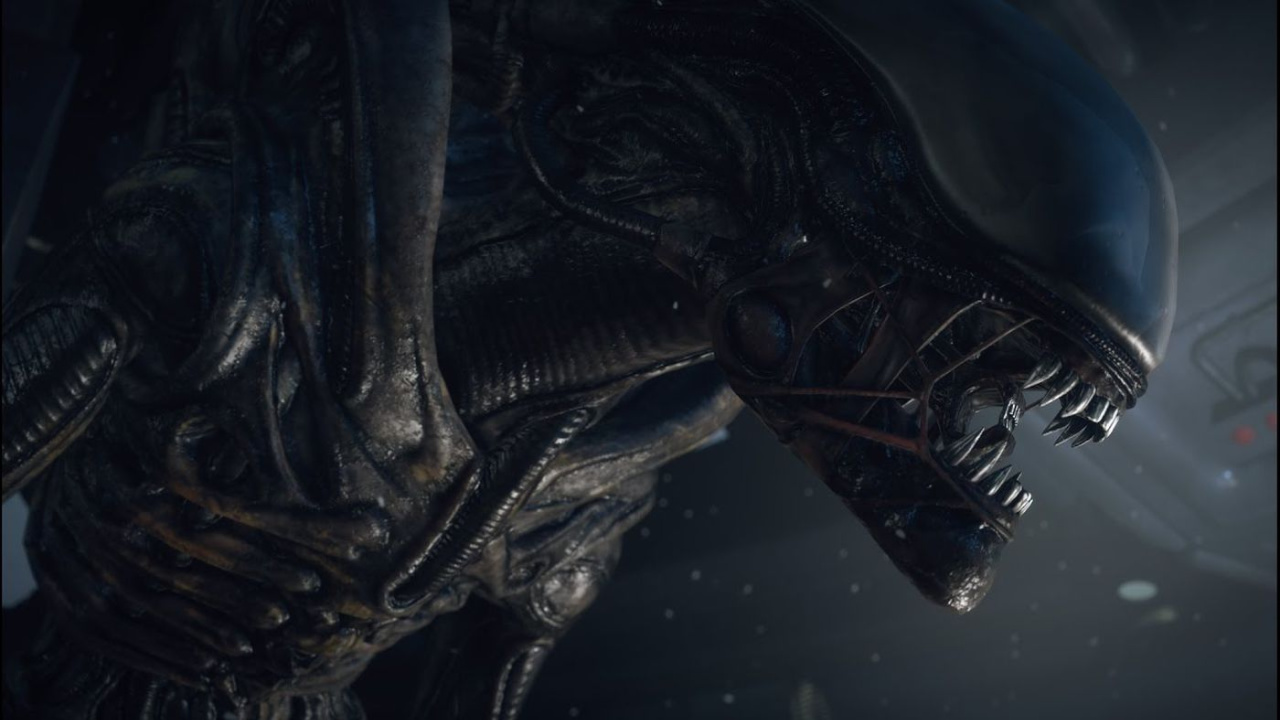
One of my favorite parts of being a fan of horror movies is the practical effects. I am the director’s cut best friend when a movie has good costume and monster design because I want to know everything about what brought this beast to the screen. Director Sir Ridley Scott broke down some of the challenges he faced when bringing the Xenomorph to life, and I could listen to him talk about it all day.
In an interview with GQ, Sir Ridley Scott discussed some of his most iconic films and shared the filming techniques that went into bringing such classic moments to life. Among the movie moments, Sir Scott shared a glimpse into the creative and technical process that went into the 1979 sci-fi horror classic Alien. He spoke a little about the role of Ash in the story and how it adds a little bit more of a creep factor to the movie. But on the topic of the Xenomorph itself, Sir Scott had this to say:
Don’t forget, we had no digital effects in those days. Nothing. And so backdrops have to be painted, and I have to find a very tall, thin man to squeeze into a rubber suit. And therefore, when you do that, you can shoot very little, show as little as possible, because it doesn’t really hold up. And so, by being subliminal and minimal, it works very well. I think the creature was unique, and you have to believe. It doesn’t matter how good my cast was — cast was fantastic — but without that beast, it wouldn’t have been the same.
In comparison to newer movies like Alien: Romulus, where there was no shortage of long shots of the Xenomorph up close, if you were to rewatch the classic Alien, you can tell that the main monster of the film is used in short supply. Considering Alien is viewed as one of the best horror movies of all time, Sir Scott really did use ‘less is more’ to his full advantage. For a majority of the movie, our main monster is in the shadows. Most scenes with an alien were the face-hugger, and even then, our leading creature feature can only account to two minutes of actual onscreen time.
It really shows what a genius director Sir Scott is, as well as his knowledge and mastery of his craft at the time. As stated, this is before CGI and green screen. Everything was just practical effects and good lighting, something that I did appreciate to hear Alien: Romulus used in its own repertoire. If you’ve seen the video of the animatronic Xenomorph they made, that thing is horrifying even in bright light.
In the past, Ridley Scott has talked about how the times have changed, and that modern horror movies don’t really use ‘less is more’ anymore, which is very true. If you were to watch every Alien movie in chronological order, story-wise, you’d be hit with some serious horror movie whiplash going from the original 1979 movie straight into Alien: Romulus. No spoilers, but the ending of that movie alone is enough to say, "Enough said."
Regardless, the techniques used in the original Alien movie still hold the test of time. While modern audiences probably won’t be flung from their seat, the overall creep factor is still very strong. The tight claustrophobic corridors and moving shadows is still king, in my opinion. Hopefully we get to see more of that in the sci-fi series Alien: Earth, as I’m hoping it’ll be a nice mix of old and new. For now, I’m gonna binge all the old Alien movies using my Hulu subscription and with the lights off.
CINEMABLEND NEWSLETTER
Your Daily Blend of Entertainment News
